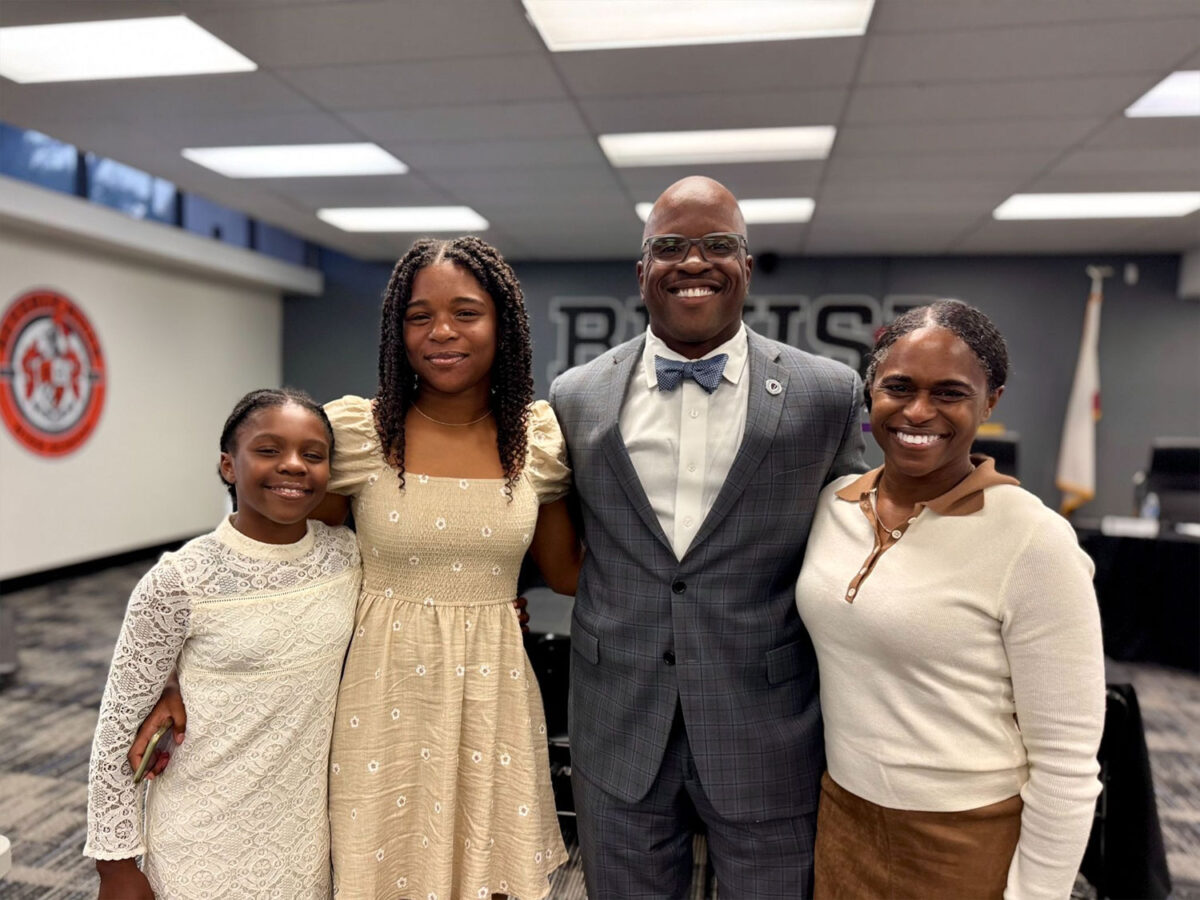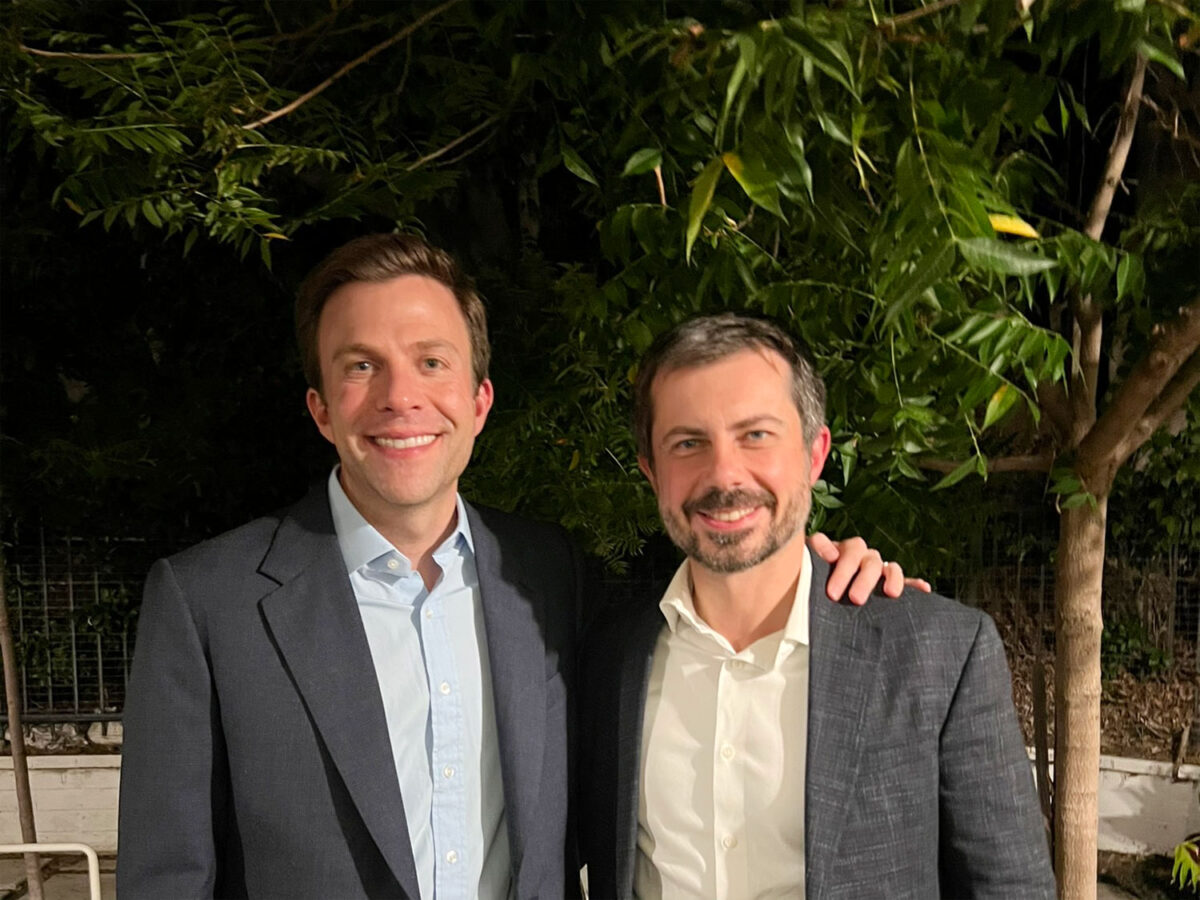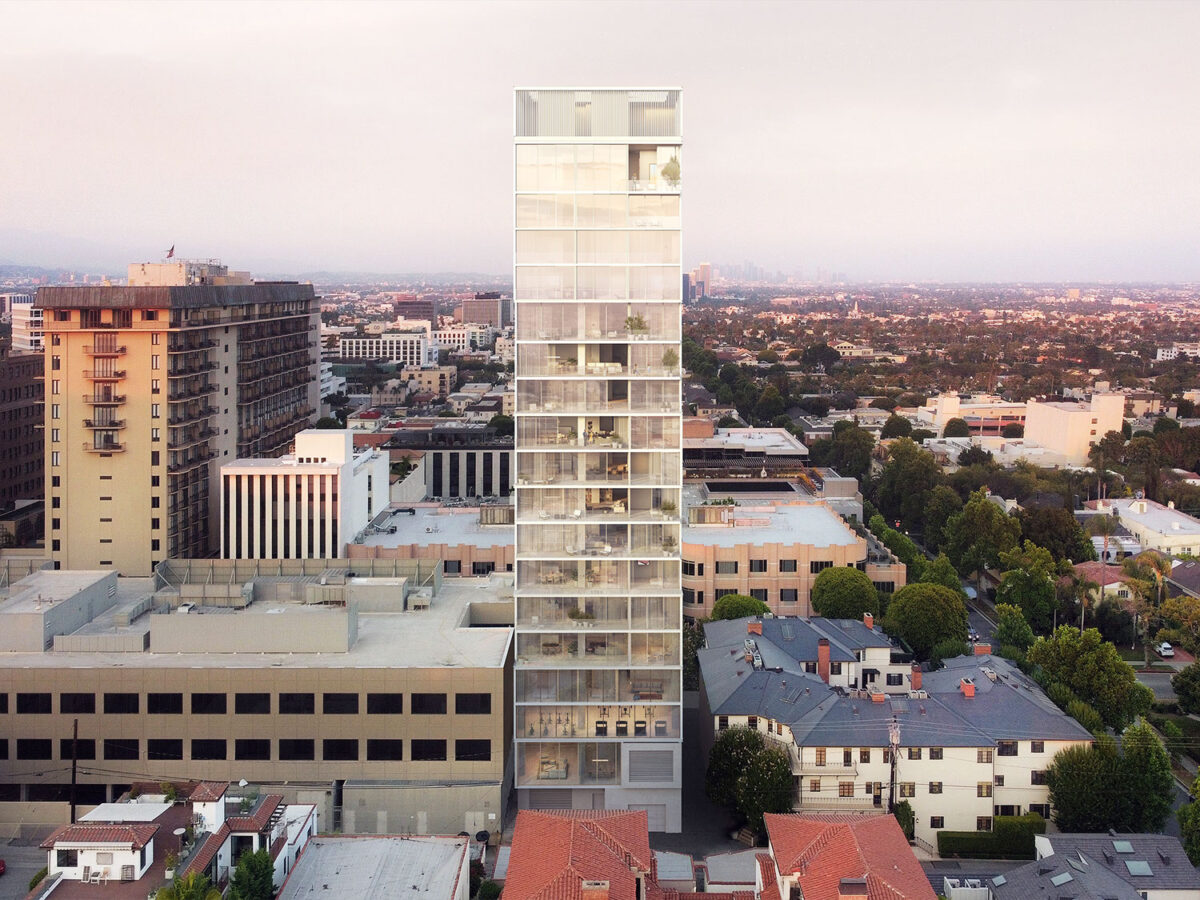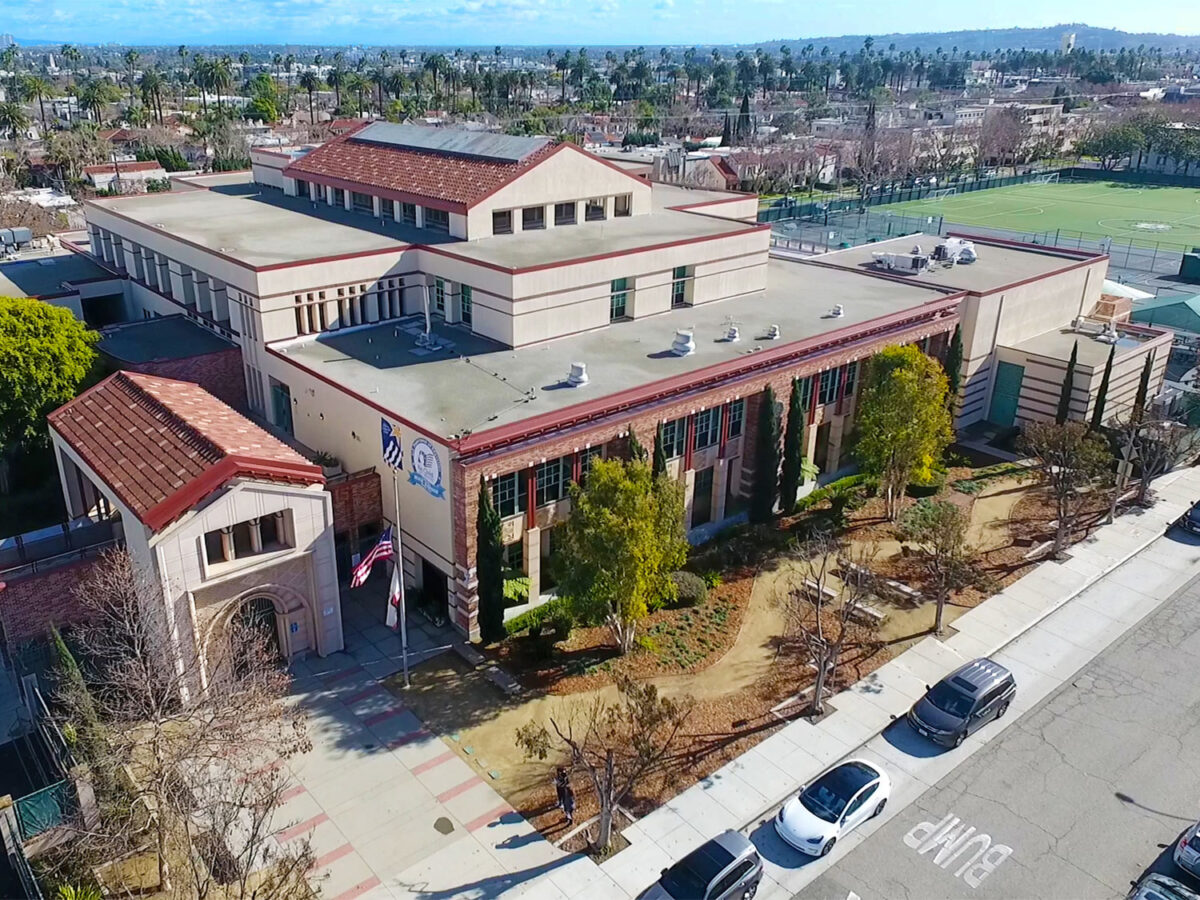No legislation came out of the City Council’s Aug. 3 Study Session, and that’s just the way Beverly Hills residents want it.
The Council reviewed a number of changes that city staff made to bring the city’s Policy and Operations Manual, a 102-page guide to city government and history, fully in line with the Beverly Hills Municipal Code. At the end of the discussion, Council advocated for a significant rewrite of the Manual, which they felt was unfocused and unwieldy.
The meeting got off to a rocky start after word got out that staff was changing the Manual to allow legislation to be passed during afternoon Study Sessions, which begin at 2:30 p.m. Fifteen angry residents wrote or phoned in to accuse the city of underhandedly attempting to deprive working residents the chance to watch and weigh in in real time.
“All legislation should only be passed during the formal Council meetings and not during the Study Sessions,” resident Georgia Pine wrote in, echoing many strongly worded letters. “The public deserves transparency from its legislators. We do not accept silent passage of ordinances. We are a republic, not a dictatorship.”
But to the surprise of even many council members, the Municipal Code has actually allowed the Council to pass legislation during Study Sessions since 2008, and staff was updating the Manual, which had previously barred any binding legislative action from being passed during Study Sessions. The Code, which designates Study Sessions as regular City Council meetings subject to the restrictions of the Brown Act, supersedes the Manual.
City policy analyst Cynthia Owens told the Council that while they can and do approve purchase orders and pass minor motions and resolutions during Study Sessions, the Manual “simply clarifies that while Council may take formal action at our Study Session meetings, it is the intent of Council to hear and take action on major items at the evening formal session.”
Council members asked if something could be done to codify that intent.
“Can we put into code something that would restrict our ability to do something for example, if the state says that for a Brown Act meeting, if it’s a regular meeting, you do have the authority to pass ordinances. Can we put in our own Code that we would deny ourselves that authority?” Mayor Robert Wunderlich asked Roxanne Diaz, a former Beverly Hills chief assistant city attorney and current partner at City Attorney Laurence Wiener’s law firm who is filling in for him.
According to Diaz, the Council could pass an ordinance specifying the types of actions it is allowed to take during different sessions. Diaz warned the Council against inhibiting its powers too much, since restrictions on Study Session actions may prolong evening meetings.
Council members agreed that the Ad Hoc Committee consisting of Wunderlich and Councilmember John Mirisch should further review Study Sessions at an unspecified date.
The Council also directed the Ad-Hoc Committee to work with staff and the public to use the current Policy Manual as a “jumping off point” for a more well-organized, well-defined, user-friendly Manual. While Councilmembers’ visions for a redone Manual varied, they all agreed it “needs work,” to quote Vice Mayor Lili Bosse.
The Council began asking for updates in February 2019, when a long presentation by a developer caused residents wishing to comment to leave prematurely in frustration. As staff sought to review the processes for quasi-judicial review, they realized the Manual hadn’t been updated since 2009, so they reached out to every department for updates. With input from council members and the public, proposed changes range from updating council member names and organizational charts to updating processes for quasi-judicial hearings and placing items on the agenda.
The Manual is a mix of city policy points, city history, and detailed descriptions of each department. Council members said they still had numerous issues with the finer points of the document and also felt that it should be split up into a policy document and an employee handbook.
“I don’t think we need to start from scratch, but we do need to separate the process,” said Councilmember Julian Gold. “I think we can use a lot of the content from both, but I think that we have to set out with objectives: the first objective is to create a handbook and a reference that describes the city and everything about it, and the other is to really call out those things which are our policy as a separate working document which can be referenced in the first document, but which is very articulate, concise, and pointed policy procedure document…I think we need to think of them as different documents with different purposes. I don’t think you can fix this to be that. I think the only way to get there is to tear it apart and put it back together.”
Wunderlich, Bosse, and Friedman more or less agreed but differed on whether this would mean a full repeal of the document, or simply a heavy-duty revision. In the event that a full repeal takes place, a new Ad Hoc Committee would likely need to be appointed, and the city employees would find themselves without a Manual.
Mirisch was not in favor of a repeal, arguing instead for the addition of a concise corollary detailing city policy. “This I think should be the master document,” he said. “I would not throw the baby out with the bathwater in this case. I think it’s a document that we should look at as an iterative document that there are going to be changes made to it as policy changes, but I think it’s useful to have that kind of reference.”







